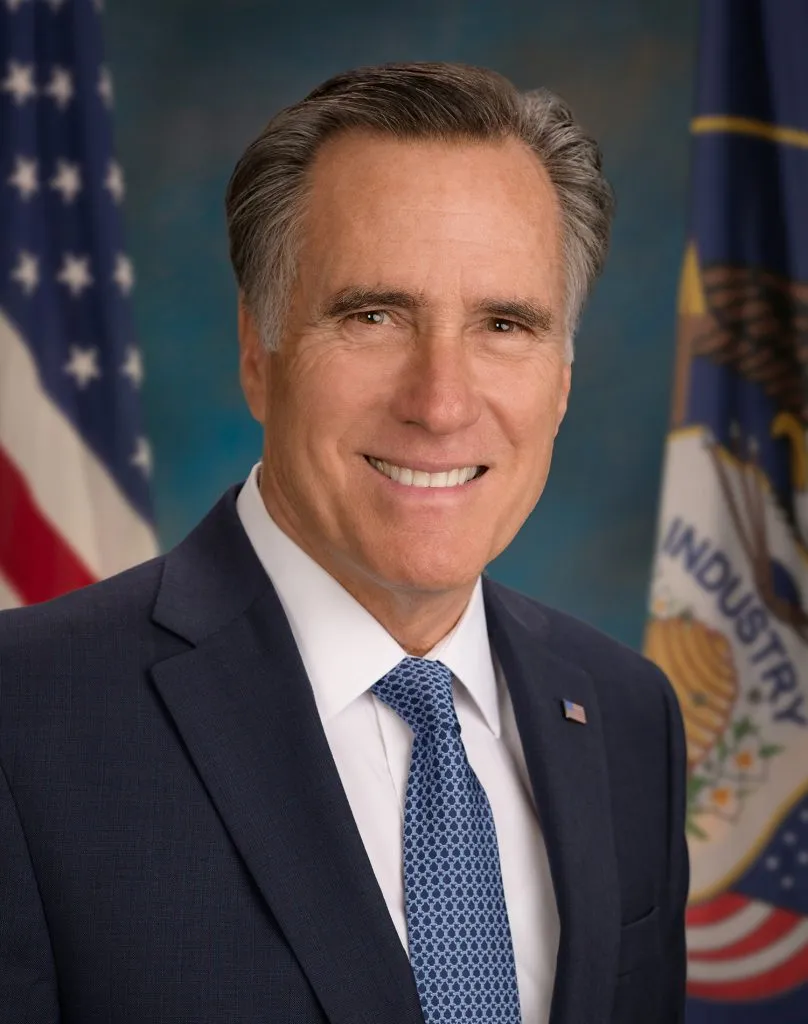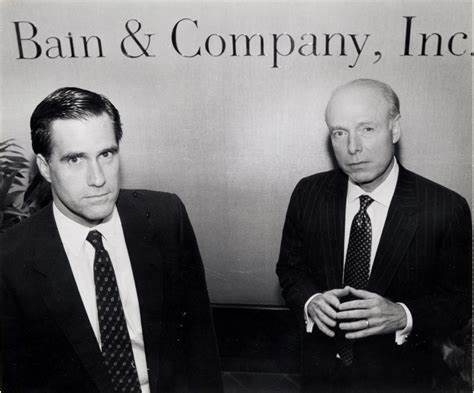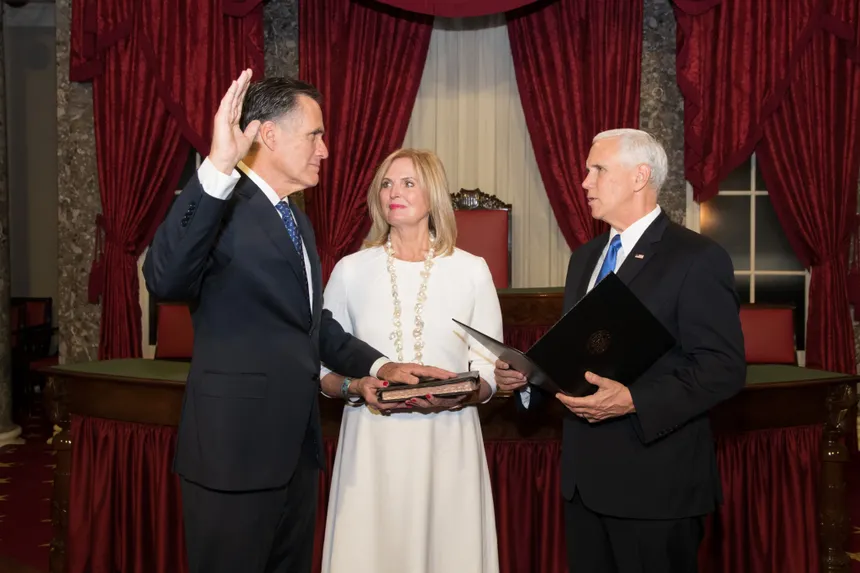Mitt Romney’s Net worth is Around $300 million.
Mitt Romney stands as a paragon of the American Dream, having amassed a fortune that speaks to his business acumen and political prowess.
His net worth, estimated at a staggering $300 million, is a testament to a lifetime of success in both the private and public sectors.
But why does this matter? Romney’s wealth is not just a number; it’s a narrative of economic strategy, political influence, and the complexities of wealth in American politics.

Photo Courtesy: romney.senate.gov
Wealth and Power: Decoding Mitt Romney’s Financial Influence
Mitt Romney’s financial stature is emblematic of the complex interplay between economic success and democratic principles.
His considerable net worth symbolizes the delicate balance and ongoing interaction between market forces and the democratic process.
This wealth prompts a deeper examination of the influence of financial resources in the political arena.
It also casts light on the duties that accompany great wealth and the various routes through which one can ascend to positions of influence within the American landscape.
The Foundation of Fortune: Mitt Romney’s Corporate Chronicles
Before delving into politics, Mitt Romney had already made waves in the corporate realm, notably through his pivotal role in establishing and steering Bain Capital, a leading private equity firm in the United States.
His adeptness in identifying lucrative opportunities and capitalizing on market trends sculpted his financial portfolio and propelled Bain Capital to remarkable success.
Romney’s tenure at the helm of Bain Capital not only showcased his entrepreneurial spirit but also furnished him with invaluable insights into economic policies and fiscal management, laying the groundwork for his subsequent foray into politics.

Romney’s seamless transition from business to politics was underpinned by the reputation and resources he had garnered during his tenure in the corporate world.
His financial prowess and the ideologies shaped by his business background continued to exert a significant influence on his political trajectory.
This journey underscores the symbiotic relationship between economic power and political capital, offering a compelling narrative on how wealth accumulation can shape one’s influence and legacy in public life.
Governance and Growth: The Public Sector Journey of Mitt Romney
Mitt Romney’s path through politics highlights his staunch fiscal conservatism and dedication to economic expansion.
During his time as Massachusetts Governor, he implemented policies aimed at boosting the state’s economy and streamlining government operations, resulting in deficit reduction without tax increases.
As a U.S. Senator from Utah, Romney continued his focus on economic growth and fiscal responsibility, advocating for balanced budgets, reduced spending, and pro-growth tax policies.
His governance philosophy centers on the belief that financial stability and economic prosperity are essential for societal strength.

Romney’s financial expertise, honed in the business sector, has influenced his decision-making in public service, promoting efficiency and accountability in government. Conversely, his political career has enhanced his financial standing, opening doors to new opportunities.
The interplay between Romney’s wealth and political career showcases how personal financial success can contribute to effective governance.
Additionally, his story emphasizes the potential for business leaders to shape policy and drive economic growth, illustrating the nexus between wealth accumulation and public service impact.
How Does Mitt Romney’s Net Worth Compare to other Politicians?
Conclusion: Wealth’s Weight in American Life
Mitt Romney’s net worth is emblematic of a broader conversation about wealth in the United States.
It encapsulates the challenges and opportunities presented by substantial financial resources, and it prompts us to consider the ethical and practical implications of wealth in our political system.
As we reflect on Romney’s financial journey, we are compelled to examine our values and visions for the future of American prosperity.
READ ALSO:
